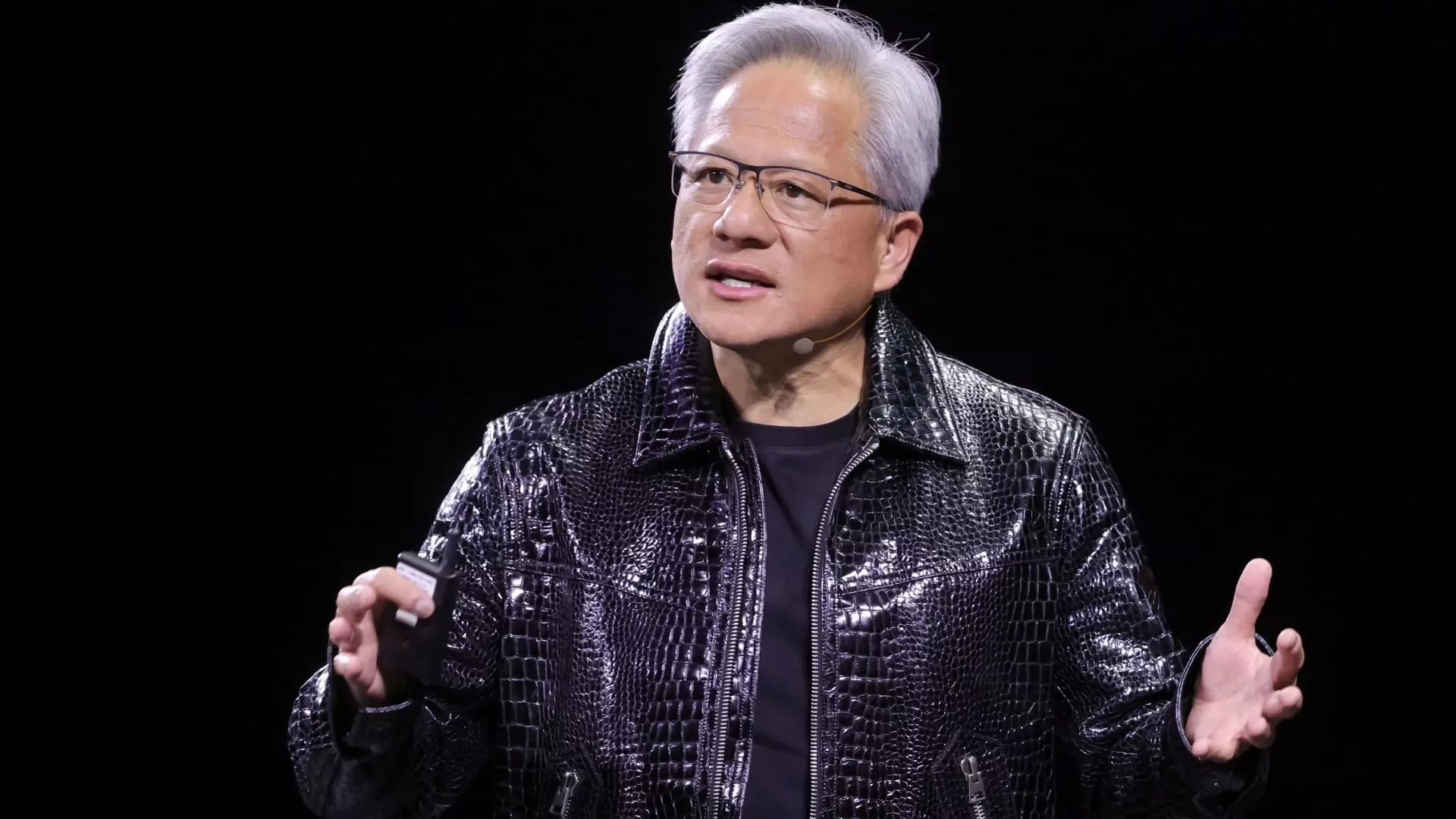In Silicon Valley, a few well-chosen phrases echo louder than any corporate earnings report. Jensen Huang, CEO of Nvidia, discovered this the hard way at his company’s inaugural “Quantum Day” event. His prior statements on the timeline for practical quantum computing—projecting a minimum of a 15-year wait—had spiraled out of control, sending the stock of several quantum tech companies tumbling. Huang’s attempt to rectify this narrative ended up being a masterclass in corporate miscommunication. He stated, “This is the first event in history where a company CEO invites all of the guests to explain why he was wrong,” but that self-awareness didn’t translate to market stability. This incident illustrates how a single executive’s remarks can send shockwaves through an entire industry—an unfortunate demonstration of the power and peril of public sentiment in finance.
The Perils of Overpromising in Tech
When discussing the commercial viability of emerging technologies like quantum computing, clarity and tempered optimism are more than just good practices; they are essential. Huang had previously suggested a more distant horizon, arguably setting the stage for disappointment if expectations were not met. His failure to properly contextualize quantum computing as a complementary technology rather than a total replacement for classical systems added to the confusion. The fallout from his comments was immediate and severe: quantum stocks plummeted despite Huang’s attempts to present a more palatable narrative. In today’s financial landscape, where every utterance by a CEO can trigger a sell-off or rally, the consequences of overpromising can be devastating.
Misalignment with Market Sentiment
The heart of Huang’s message revolved around the notion that quantum computing is not just another buzzword but a specialized tool meant to coexist with existing technologies. Analysts like Needham’s Quinn Bolton highlighted this disconnect, arguing that Huang’s branding of quantum technology may lead investors to set unrealistic expectations. The market doesn’t merely react to facts; it reacts to perceptions, and Huang’s earlier proclamations had instilled a sense of urgency that, upon re-evaluation, seemed premature. Investors look for signs of stability and maturity, not for shifting rhetoric that raises more questions than it answers. For Huang, the uphill battle is showing that quantum computing, despite its decades-long evolution, is still worthy of investment and attention.
The Dilemma of Corporate Responsibility
As the leader of one of the most influential tech firms in the world, Huang carries a heavy responsibility not just to Nvidia but to the entire tech ecosystem. His statements impact lives, careers, and investments. This raises an ethical question for all leaders in similar positions: to what extent should honesty about future developments temper the enthusiasm needed to drive innovation? While the optimism surrounding quantum computing is justified, the narrative needs to be managed with greater care—particularly when the stakes involve billions in venture capital. Investors rely on leaders to provide visions of the future that inspire confidence, but when those promises are perceived as misleading, the repercussions can ripple through the sector.
Nvidia’s Strategic Shift in Quantum Landscape
Despite the turbulence caused by Huang’s remarks, Nvidia undeniably plays a crucial role in the broader quantum landscape. The company’s foray into building a research center in Boston, in partnership with top-tier universities, demonstrates a commitment to fostering innovation in this nascent realm. Huang’s vision for integrating graphics processing units with quantum chips reflects a strategic pivot that aligns Nvidia’s core competencies with the evolving demands of quantum research. However, this willingness to invest in quantum technology must be matched by a coherent narrative that assuages investor fears and articulates a clear timeframe for potential breakthroughs.
Market Skepticism Remains High
Despite Huang’s optimistic outlook on the possibilities inherent in quantum computing, a palpable skepticism continues to permeate the market. The Quantum Defiance ETF’s decline of more than 4% this year is a clear indicator that investors are not yet ready to embrace the concept wholeheartedly. In an era where technological advancement outpaces investor patience, leaders must find a way to bridge the gap between aspiration and reality. This calls for a balanced approach—one that acknowledges the challenges while simultaneously celebrating the advancements that could redefine industries. For Huang and Nvidia, the road ahead will require deft navigation through investor expectations, technological feasibility, and the ever-evolving landscape of public sentiment.


Leave a Reply